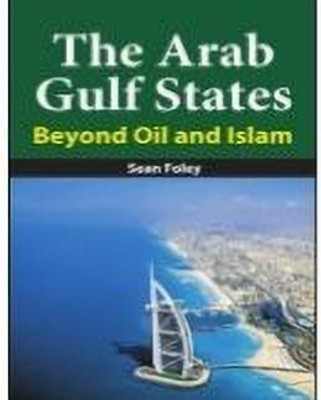The Arab Gulf States(English, Hardcover, Foley Sean)
Quick Overview
Product Price Comparison
If petroleum buys political legitimacy in the Arab Gulf states, how can we explain the rise of dissent and calls for political reform despite sustained oil revenues? The answer, according to Sean Foley, lies in political, social, and economic dynamics that have been brewing beneath the surface for more than a decadeŌĆöand that are slowly shifting the balance of political power. Though Foley does not disagree that oil revenues have been important in preserving the power of Gulf autocrats, he goes beyond popular stereotypes to identify other crucial forces that are conspiring to disrupt the status quo. Chief among these are the telecommunications revolution, which has brought news of democracy (as well as regime misdeeds) to peopleŌĆÖs homes, the lack of jobs for major segments of the male population, and the increasing economic power of women and minority groups. It is these complex issues, Foley shows us, that are at the forefront as the Arab Gulf states grapple with the challenges of both modernity and money. Table of Contents Introduction The Emergence of the Modern Gulf, 1930-1981 The British Raj in the Gulf The Long Road to Sovereignty The Second Oil Era Conclusion Globalization, Wars, and a Telecommunications Revolution The Gulf in the 1980s IraqŌĆÖs Invasion of Kuwait The War and Gulf Society A New "Old" Order in the Gulf Political Reform The Saudi Islamist Challenge Satellite Broadcasting The Politics of Socioeconomic Limits Conclusion The Twenty-First-Century Gulf Finding a New Balance Security, Reform, and Succession A New Boom and Its Consequences Conclusion When Only Women Will Work Gender, the West, and the Gulf Women in Gulf History before 1930 The First Oil Era The Oil Boom and the Resurgence of Islam, 1970-1980 A New Islamic Course The Limits of the Islamic Fa├¦ade Socioeconomic Tensions in the 1990s Setting the Agenda An Alliance Are Women the Solution? Conclusion Inclusion, Tolerance, and Accommodation At the Dawn of the Twentieth century Insiders as Outsiders: The Shia of the Gulf Oil and Decolonization Nationalization, Revolution, and the Lessons of Iraq Conclusion Beyond Oil and Islam


